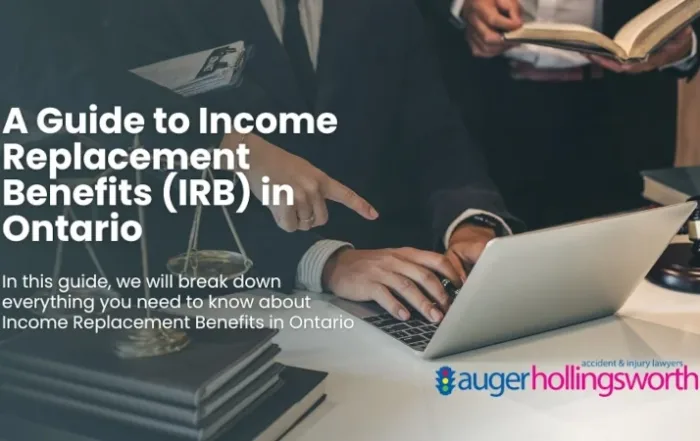How Can I Have Success at Examination for Discovery? | Ontario

This post was originally published on Nov 3rd, 2010 and updated on June 12th, 2020.
Many plaintiffs worry about the examination for discovery. The truth is, this is an important part of your case. It is the first time the opposing lawyer hears from you directly. Not only will the lawyer form an impression of the strength of your case based on the facts you describe, but also the lawyer will be assessing how strong you are as a witness. Nevertheless, a little practice and preparation will go a long way toward success at the examination.
What is Examination for Discovery?
There are three main reasons why the defence lawyer wants to examine you. First, as mentioned above, the lawyer and his or her client want to size you up as a witness. How will the jury like you? Do you seem credible and reliable?
Second, they want to hear your version of the facts, straight from your mouth.
Third, they want you to commit to your story. Because you are giving sworn evidence, if you try to change your answers at trial, you will be cross-examined against what you said at examination for discovery. This is called being “impeached”. It hurts your credibility if your story is not consistent.
Why Have Examination for Discovery?
There are three main reasons why the opposing lawyer wants to examine you. First, as mentioned above, the lawyer and his or her client want to size you up as a witness. How will the jury like you?
Second, they want to hear your version of the facts, straight from your mouth.
Third, they want you to commit to your story. Because you are giving sworn evidence, if you try to change your answers at trial, you will be cross-examined against what you said at examination for discovery. This is called being “impeached”. It hurts your credibility if your story is not consistent.
How Can You Succeed at Examination for Discovery?
1. Always tell the truth. The lawyers and insurance adjusters you are dealing with are very smart and very experienced. It is unlikely that you will get away with exaggerating or not telling the truth. In a personal injury case, that means you must admit to past injuries or medical incidents or pre-existing conditions and you must not overstate your injuries. You also have to be honest about your loss of income.
2. Stay focused. Some lawyers are aggressive. You will have no doubt that this is a formal legal proceeding. Other lawyers, however, are warm and friendly. Do not be fooled into thinking this is a casual conversation just because a lawyer seems friendly. You are there to answer the specific questions asked and nothing more. On breaks, you should not talk about anything personal in the presence of opposing counsel. There are no exceptions. Nothing said at discovery is “off the record”.
3. Listen to the questions. Do not answer a question you don’t understand. Do not start answering the question partway through. Don’t answer more than the question asks. If you listen to the question, these rules are pretty easy.
What Do You Do if You Don’t Know the Answer to a Question?
You answer: “I don’t know”. It is perfectly acceptable to tell the examiner that you don’t know the answer to the question. Discovery is not a memory test. And most importantly, you must not guess at any answer. Sometimes it is acceptable to approximate. For example, this is acceptable if you are estimating a car’s speed or a distance. Just be sure to clarify that it is an estimate.
What Does Your Lawyer Do While You Are Being Examined?
Your own lawyer ensures that you are fairly treated during the discovery. For example, we will make objections to questions that are improper, although in personal injury cases these objections are rare. If your lawyer does not object, you should answer the question. Unfortunately, in a personal injury case, there are subject matters you will be asked about that can be personal. Even your sex life can be a reasonable topic in many cases. Be confident that your lawyer is making all legitimate objections.
You cannot have a secret or private discussion with your own lawyer during your examination for discovery. It is simply not allowed.
The main thing your lawyer is doing during your examination is planning what else needs to be done on the case. Often the discovery will highlight areas that need fleshing out. Your lawyer will be making a list of these areas and planning the next steps.
We hope this information has given you an overview of what to expect during your examination for discovery.
To speak to an experienced Ontario personal injury lawyer call 613 233-4529, email us at [email protected] or use our handy contact form.














